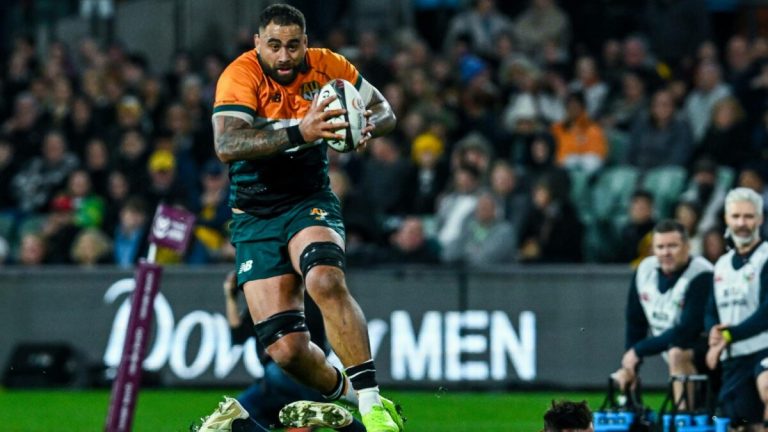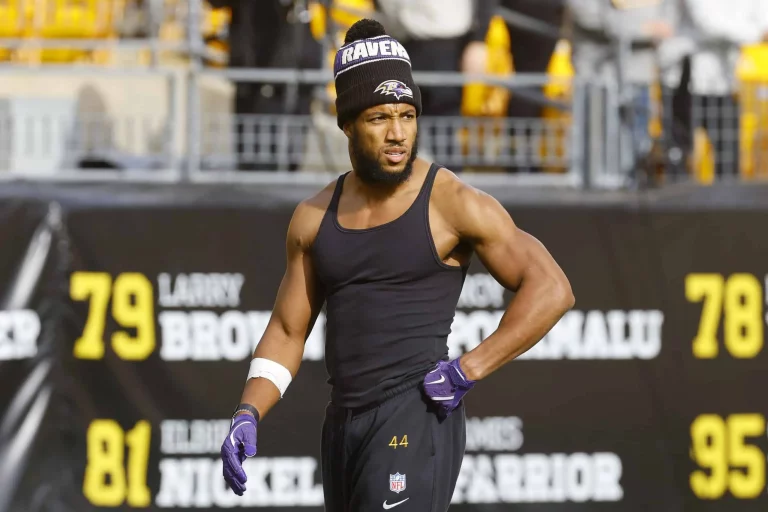Lawyers for Ed Sheeran, his label and his music publisher are urging the US Supreme Court to reject a rehearing of a copyright case over Sheeran’s hit Thinking Out Loud, arguing that overruling the lower court’s decision could lead to “rampant” speculative copyright lawsuits.
Ruling in favor of Structured Asset Sales (SAS) – which lost a case in a lower court where it claimed that Thinking Out Loud violated the copyright on Marvin Gaye’s 1973 song Let’s Get It On – “would foment vast uncertainty and encourage rampant speculation” on what parts of a song are copyrighted, Sheeran’s lawyers wrote in a brief to the Supreme Court filed on Tuesday (May 13).
If the court accepted SAS’s arguments, it would “expand copyright infringement litigation to encompass elements” that were never protected under US copyright legislation, the lawyers argued, “so long as an expert is willing to testify that such elements can be implied.”
Structured Asset Sales, which says it owns an 11.11% beneficial interest in the royalties from Let’s Get It On, originally sued Sheeran in 2018. In 2023, a federal court in New York summarily ruled in favor of the singer and songwriter, label Warner Music Group and publisher Sony Music Publishing.
SAS then launched what would become a series of appeals. In November 2024, the Second Circuit Court of Appeals upheld the original district court ruling. SAS’s lawyers petitioned the court for a re-hearing, which the appellate court denied.
SAS was then left only with the option of appealing to the Supreme Court, which it did in March.
The core of SAS’s argument is that the lower courts erred in their decision because they followed the guidelines that the US Copyright Office set out for what is and isn’t protected in music compositions.
The rule was that only the parts of the song that appeared in the sheet music that was deposited with the Copyright Office were protected. (Prior to 1978, only sheet music, and not recordings, could be used as deposit copies for a copyright registration on music.) SAS’s lawyers argued that Let’s Get It On included an “implied” bass line that wasn’t part of the deposited sheet music, and it was this part of the song that Sheeran’s Thinking Out Loud violated.
In appealing the verdict, SAS’s lawyers pointed to a Supreme Court ruling last year in the case of Loper Bright v. Raimondo, where the top court decided that courts don’t have to follow the interpretations of the law set out by government agencies. Because of this ruling, they argued, the courts made a mistake in accepting the Copyright Office’s interpretation of what parts of a song are protected.
“It would expand copyright infringement litigation to encompass elements appearing nowhere in deposited sheet music under the 1909 Act, nor deposited recordings under the 1976 Act, so long as an expert is willing to testify that such elements can be implied. There is no basis in the statute, much less logic, for such an unworkable rule.”
Lawyers for Ed Sheeran, in a filing with the US Supreme Court
But Sheeran’s lawyers say this is a “false” interpretation. They argue that the lower court’s ruling and the Copyright Office’s rule are both in line with the 1909 Copyright Act.
“Petitioner’s assertion that ‘sound recordings were not accepted as deposit copies in connection with musical compositions’ due to ‘administrative fiat’ is a plain fiction that ignores the plain language of the statute,” they wrote.
Accepting SAS’s interpretation of copyright law would invite speculation “decades after the fact (and, in many cases, such as this one, long after the death of the composer in question) regarding the composer’s supposed intentions, the scope of the composer’s work and what represents the ‘best edition’ of the composer’s work,” they added.
The Supreme Court justices will now have to decide whether or not to hear SAS’s appeal. If they turn down the case, it will be the end of the line for a copyright case that has now been working its way through the courts for seven years.
The case pitting Sheeran against SAS is separate from another lawsuit alleging that Sheeran’s Thinking Out Loud copied Gaye’s Let’s Get It On. That other case, brought by the heirs of Ed Townsend, a co-writer of Let’s Get It On, was settled by a jury in 2023, which sided with Sheeran.
Townsend’s heirs initially appealed that ruling, but eventually withdrew the appeal.Music Business Worldwide







